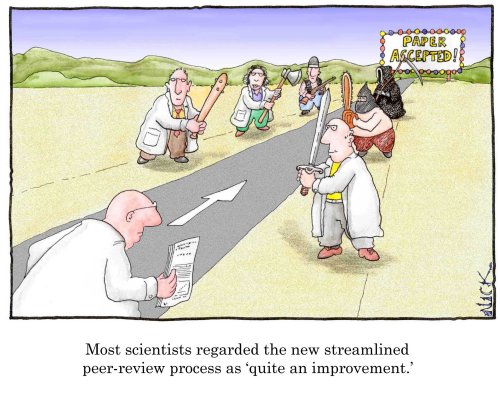Saturday, February 1, 2014
Blog Post #3 Peer review the right way
Peer reviewing can be quite a daunting task. It is really difficult for me because I do not like to ruffle feathers and upset people by giving criticism, whether it is bad or good. I know that I must overcome this thought process in order to become a good educator. I always feel like I'm being picky over things when I peer review someone else's work, yet I know this isn't true. I have a feeling that after I get finished with EDM310 I will have a little bit of a better grasp on peer reviewing.
After watching the videos and flipping through the presentation that was given I feel that the peer reviews I've done in the past did not do justice to the paper I was reviewing. The thing that really got pointed out to me was the punctuation and grammar. I have been known to be a comma hater in papers. One of the things that I found that I have done in the past is to get off topic when sitting with someone to review their work. Peer reviewing is a great thing and can be very helpful if you get the right peer to review your work. By staying on topic, being nice, having constructive criticism, and being specific on the types of errors in the paper a peer could give you a much better outlook on your project than either a boss or a teacher could, because it is easier to listen to a peer than to feel you are being judged by a superior.
Subscribe to:
Post Comments (Atom)

This comment has been removed by the author.
ReplyDeleteI think that many of us feel exactly like you do when it comes to doing a peer review, John. One thing hard for most people is to take criticism, let alone constructive criticism, which has to be understood for exactly what it is: a criticism designed to make the structure of writing adhere to the standards of what is acceptable writing. I guess that simply means that we are in higher education and the goal is to improve upon the writing and communication skills we need to have. Being picky, in this case, is a good thing, and not necessarily designed to ruffle some feathers, but to find out if a peer can learn from his/her mistakes or be praised for doing a wonderful job with the writing assignment. EDM310 is definitely going to offer an opportunity for you to better understand what peer reviewing is, since it seems geared towards educators, like yourself. I believe you will find a way to constructively review your peers and not feel so bad about it after you get balanced with the proper ways to review some of us.
ReplyDeleteI know why you hate commas so much: people, use them, way too, often, and unnecessarily! I hope that little snippet didn’t send you reeling, but that is what bad grammar and punctuation looks like to me sometimes, too. If everyone took the time to learn all the rules of grammar and not just the topical stuff, a lot would be accomplished in expressing one’s thoughts completely. Doing a peer review person-to-person is a challenging task if either of the parties doesn’t understand how to properly critique another. It is easier to get off topic when there is more “bad” critiquing to do than good critiquing, in my opinion. As long as the level of honesty and intelligible consideration is given to the subject being critiqued, it is best to just let them have it and see how they take it (this should garner the critic some experience in delivery). At this level of education, I think we all have to learn how to become good critics, as you pointed out. I do agree that I would rather hear it from my peers rather than from a teacher, because they shouldn't have to read something poorly written if we are given an opportunity to help one another first. I think that is what is at the heart of peer reviews. I enjoyed reading your blog and getting to know your views about peer reviews, John.
Where are your links to the videos and slideshow? Also, it's always a good idea to briefly summarize each source so your readers have a bit of background information on them!
ReplyDelete